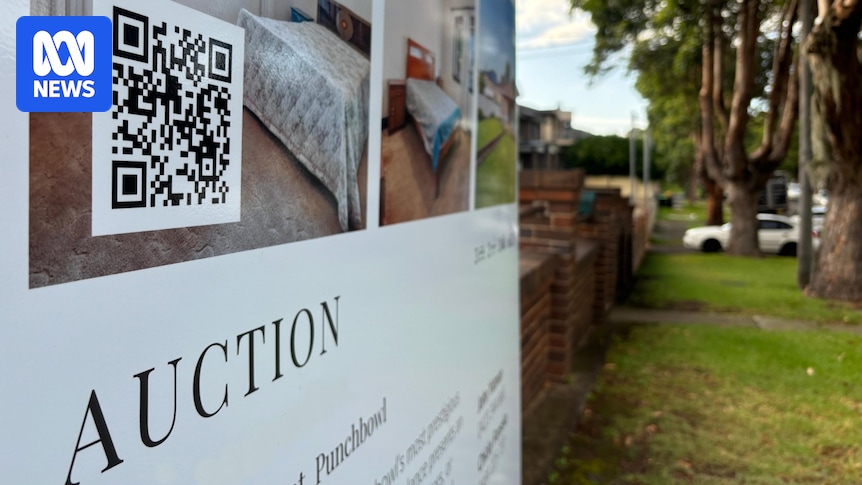O
nline, a double‑brick, three‑bedroom duplex in Sydney’s western suburbs was listed for $1 million. At auction the ABC quoted $1.2 million, but the seller wanted over $1.3 million and ultimately received that amount. “They’ll tell you anything to get you here,” said an unsuccessful bidder, Tina, to the ABC. “Once they do, it’s a totally different story.” Underquoting—setting a guide price far below the seller’s target to lure buyers—is illegal in Australia, though enforcement varies by state.
The ABC witnessed several cases of underquoting on a single Saturday in Sydney’s west and inner west. In Punchbowl a property sold 31 % above its online guide price. In Burwood a multi‑million‑dollar home fetched 28 % more than its guide; three days later the guide was raised by $1 million, narrowing the margin to 3 %. In Belmore a five‑bedroom house went 15 % over its guide but did not sell because the vendor demanded more. Homeowners described the experience as “demoralising” and “exhausting,” while buying agents called it part of the game and selling agents blamed demand, “bad apples,” and seller pressure. “It actually comes down to the vendor agreeing to it,” a selling agent in the inner west told the ABC anonymously, noting that sellers compete with nearby underquoted properties.
Henry Pedersen’s KoalaData (now Homer) tracks every Australian property’s pricing journey. In 2020 he founded the app, and this year he identified over 220 agents whose guide prices averaged more than 10 % below final sale prices. Nearly 60 % of those were in New South Wales, especially Sydney’s west and inner west. Pedersen said demand explains some of the gaps, but the data reveal a “widespread behavioural problem.” On Saturday, 287 NSW properties sold, half of them at least 10 % above their guide price.
The Belmore auction featured two bidders and dozens of observers. The price rose quickly; the auctioneer called “first, second, and third time,” then said, “We’re just getting instructions.” Buying agents interpreted this as the offer not meeting reserve. Two minutes after the highest bidder was invited to close the deal, he walked out, shook his head, and told the ABC, “Passed in! I can’t believe it. They say 1.5 and I offer 1.72 and they bloody pass it.” Sydney‑based buying agent Frank Russo called the practice “highly misleading” and “unethical,” though he acknowledged agents have a job to do. He urged buyers to research independently to avoid costly mistakes and wasted weekends at auctions outside their price range. “You don’t need a genius to get a rough idea of where a property sits in the market,” he said.
In NSW, agents caught underquoting face fines up to $22,000, loss of commission, and licence revocation. NSW Fair Trading Minister Anoulack Chanthivong said price baiting is unlawful, harms buyers, and damages the industry. “We need stronger underquoting laws to protect consumers and crack down on real estate agents who want to do the wrong thing in New South Wales,” he said. The government has set up an $8.4 million taskforce to tackle the problem and plans further reforms.













